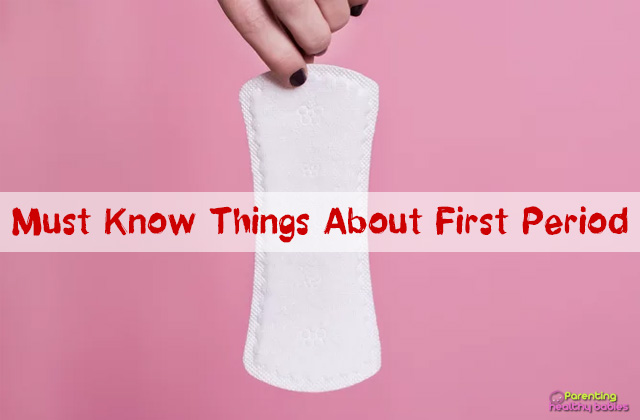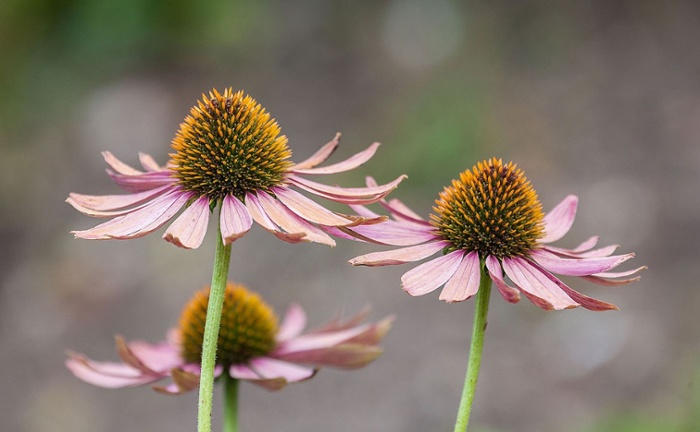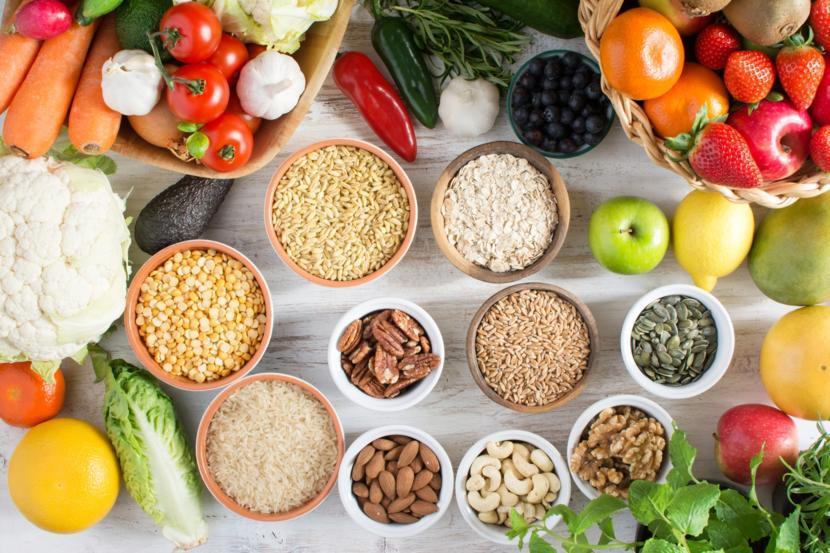“Puberty” commonly known as teenage, it is another phase in your child’s life when you have to give proper attention to their needs, queries and health. At this age your child starts to develop sexually. Puberty is a gate which connects childhood and adulthood. One of the biggest changes that will happen in your daughter life is her first period. It is very important that she understands what menstruation is exactly. And as a new mother you would like to make sure that you pass on the correct information to her and help her to ease her path in the new chapter of life. So here is some information that may help you.
First Period: Things You Should Know
Changes occurring
While growing up a girl mainly undergoes through the following three changes
- Thelarche– thelarche means growth and development of breasts
- Adrenarche– it means growth and development of axillary and pubic hairs
- Menarche– it is the start of menstrual cycle i.e. periods. It happens between 10-16 years of age. Peak time is 13 years.
Physiology of period
Period or menstruation is actually a part of a cycle known as menstrual cycle in our body. Menstruation commonly known a period means flow of blood along with tissues of uterus, mucus and ovum through the vagina. It lasts for almost 3-7 days. Periods are indicators of a fertile female. They also are indicators of sexual health.
Menstrual cycle
Menstrual cycle is a complete 28 days cycle. It includes the 5 days of menstruation. it is mainly regulated by hormones in our body. Menstrual cycle is a physiological way of our body to maintain fertility and prepare a woman for pregnancy. a female foetus has almost 6-7 millions eggs in the 20th week of intrauterine life, at birth the number falls to 2 millions. While she reaches her puberty only 4, 00,000 are left. While only 400 eggs are useful in complete reproductive period of a female. after a girl attains her puberty every month uterus gets ready for pregnancy, and one egg gets ready for fertilization, but when it doesn’t occur, egg along with the uterine tissue is shred through the vagina. This complete process takes place in 4 phases as follows
- Proliferation phase– this is the phase just after the bleeding has stopped. It lasts for 8-9 days. In this phase there is proliferation of the eggs, the selected egg at that month starts getting mature and forms mature ovum.
- Ovulation– it is the 14th day of menstruation when ovum is released into the cavity, where it awaits the sperm to fertilize it. This day is the highest fertile period.
- Secretary phase– in this phase endometrium (inner wall of uterus) starts making itself ready for the embryo to get attach. Thus it starts secreting extra layers to the uterus and makes the uterus more vascular by increasing the blood flow. This phase is present for 13-14 days
- Menstruation– when there is no fertilization, the ovum and the extra tissue lining has to shed out. It is excreted through vagina. Since there is breakage of tissue, there is blood loss also. Normal blood loss is 20-80ml. It lasts from 3-7 days. After this phase again the proliferative phase starts
How is menstruation different at beginning?
The normal physiology of menstruation in a mature female is as discussed above. It requires almost 2 years for having a mature and regular menstruation. at the start menstruation involves a different physiology. Normally in a girl who hasn’t got her periods, her endometrium i.e. the inner uterine wall keeps on proliferating due to presence of normal female hormone i.e. oestrogen. But at the time of menarche, the oestrogen level drops and then there is endometrial shredding. Thus first period does not involve ovum. It is known as anovulatory bleeding. Sometimes at start 3-4 cycles may also be anovulatory. This anovulatory cycle is associated with asynchronous, heavy and prolonged bleeding. thus the menstrual cycle may be irregular for start 2 years. Later it becomes normal and regular.
Symptoms
Apart from bleeding other symptoms may be-
- Tolerable abdominal pain– you may get some tolerable abdominal pain and cramps. This happens due to contraction of uterus. If the pain becomes intolerable, it is known as dysmennoreoa. Doctor may give you some analgesics for it.
- Pelvic discomfort– at start you might sense some discomfort in pelvic area. A sense of wetness, heaviness or itching might be sensed.
- Backache and join pain– many of women experience lower backache or join pain. It is common in the beginning menstrual days.
- Fullness of breast– breast appears to be swollen heavy and tender.
- Mastalgia– mastalgia means pain in breast.
- Mood swings– during periods there are lots of hormonal changes which may cause mood swing in a girl.
- Headache– sometimes women may experience migraine like headache.
How to deal with pain and bleeding
At menarche there is heavy bleeding, irregular periods and too much of discomfort. It is necessary that you guide your child through it easily. This phase may last for the starting year. Some of the measures you can take are
- Using hot water bags to relieve abdominal discomfort
- Child should not be stopped from doing regular normal activates.
- Proper hygiene should be maintained
- A mother should make her daughter aware of menstruation. She should be given all the information. All her queries and doubts should be solved.
- Communication is the key to a successful relationship. A mother must freely talk about the sanitary napkins, tampons, menstrual cups and other methods used in menstruation with her daughter. Right choice should be made taking the daughter’s comfort, daily activates and flow in consideration
- As we know in start there is heavy and irregular bleeding. In this time the girl is very prone to anaemia. So blood flow more than 7 days should not be ignored. Doctor must be consulted immediately. Extra care should be taken about the nutritional requirements. Nutritional supplements may be added if required.
- Menstruation before 22 days or late than 44 days should be consulted with doctor.
- Daily exercise helps to keep you period regular.
Disease associated with menstruation at start
Earlier menstruation may be associated with following diseases
- Dysmenorrhoea– dysmenorrhoea is the intolerable pain during menstruation. Its main cause is stress and unhealthy lifestyle. But it may be present in the early menstruation also. Doctor may prescribe you analgesics for it. Home remedies like hot water bag or massage can be used.
- Irregular menses– in first 2 years it is normal that menses are irregular. But menstruation earlier than 22 days or late for more than 44 days should be reported to doctor
- Anaemia– it is common disease caused by menstruation in teenage girls. There is high blood loss during these days, so it is very necessary to increase our daily iron intake. Daily nutrition should be properly taken care of. In extreme cases, iron tablets may be given. Sometimes blood transfusion may also be needed in very complicated cases
- Vaginal infections– maintaining proper hygiene is very important. Otherwise the change in ph during menstruation welcomes many bacteria
Menstrual hygiene
Menstrual hygiene is a very important topic. Every woman should take special care of her sexual parts since our vagina acts as route of entry of many bacteria. Studies have also shown that women are more prone to any sexually transmitted diseases than men. Some of the points which you can keep in mind are-
- Daily bath during menstruation should not be skipped
- Clean and washed underwear should be worn. Cotton underwear are preferable, they allow your skin to breath an also absorb the sweat.
- Do not wash your vagina with soap and water, it increases the vaginal ph. Vaginal ph is a important defence mechanism against various bacteria
- Sanitary napkins should be changed regularly; they should not be worn continuously for more than 10-12 hours.
- For using tampons proper guidance should be taken.
- While using reusable material, make sure to wash and disinfect it properly. Any reusable material like menstrual cup or cloth should be washed with warm water and should be washed with a disinfectant and then only reused.
After all being a girl isn’t easy. You will have uncontrollable mood swings, hormonal imbalance, blood and pain but all this gives you the greatest responsibility in the world that is of giving birth to a living being. Periods are nothing to be ashamed of, they indicate a new phase of life, a sign that you are growing, maturing and developing!













